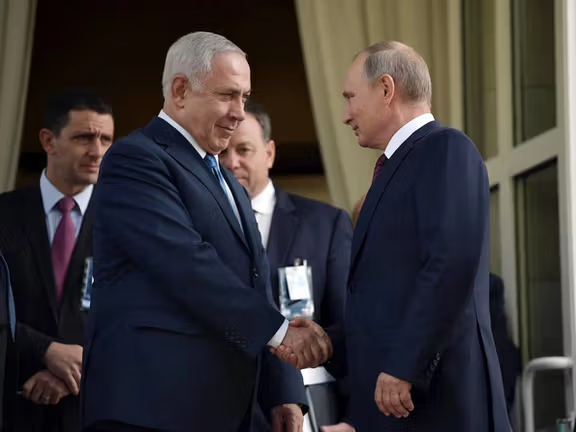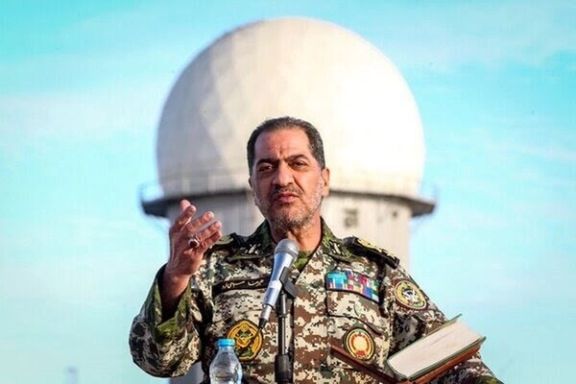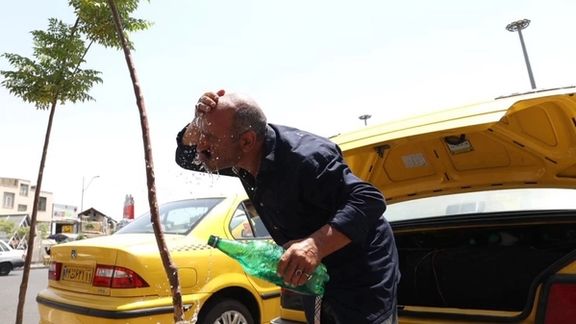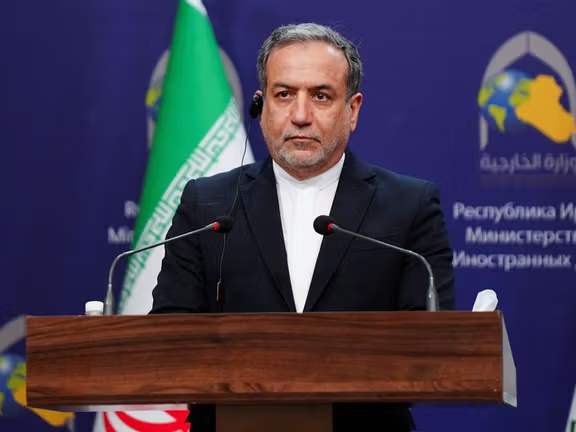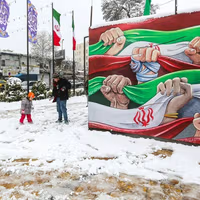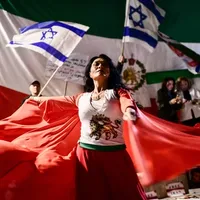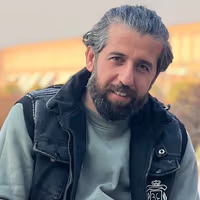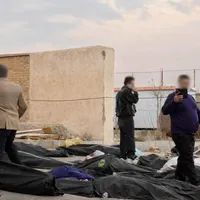“We are in constant consultation with these two countries to prevent activation of the snapback or to mitigate its consequences,” Foreign Ministry spokesman Esmail Baghaei said at a weekly press briefing on Monday. “We have aligned positions and good relations.”
The trilateral talks, which will take place at director-general level, are aimed at coordinating a response to growing pressure from the West over Iran’s nuclear program, Baghaei said.
Tehran has long portrayed Russia and China as reliable allies, citing their support in trade, defense, and diplomatic arenas.
Iran leans on allies as E3 threat looms
The meeting comes as the three European parties to the 2015 nuclear deal—France, Germany, and the UK—have warned they will trigger the snapback mechanism by the end of August unless Iran returns to substantive nuclear negotiations. The mechanism, part of UN Security Council Resolution 2231, allows any JCPOA participant to restore UN sanctions if Iran is deemed non-compliant.
“There is no legal, moral, or political basis for reinstating sanctions that were lifted under the JCPOA,” Baghaei added. “We have been engaged in consultations with Russia and China on this issue for the past year.”
Western nations cite multiple reasons for Iran's non-compliance, including enriching uranium to near weapons level and expelling the UN's nuclear inspectors.
A separate meeting between Iran and the European trio is scheduled for Friday in Istanbul. Baghaei said Monday that the deputy EU foreign policy chief is expected to attend, without naming the official. The Iranian diplomat said the talks would “seriously address sanctions relief and Iran’s nuclear program.”
“We will clearly state our demands,” he added.
Tehran has grown increasingly critical of European governments in recent months, accusing them of siding with the United States and Israel.
“European countries not only failed to condemn the attacks on Iran and its nuclear facilities, they supported them,” Baghaei said. “They must be held accountable.”
Nuclear talks with US remain off the table
Asked about the prospect of renewed engagement with Washington, Baghaei said there were currently no plans for talks.
“I explained today about Iran’s talks with Europe; at the moment, we have no plans for talks with the United States.”
However, he said diplomacy remains “a tool and opportunity to safeguard Iran’s national interests, and that Tehran would not hesitate to use it when necessary.”
Iran and the United States had held multiple rounds of nuclear talks via Omani mediation before Israel launched its 12-day war on Iran, but Washington’s decision to strike Iranian nuclear sites brought the negotiations to an end.
However, in Washington ,US President Donald Trump expects Iran to return to nuclear negotiations, saying that diplomacy is in Tehran's best interest, according to the State Department Spokeswoman Tammy Bruce.
“I know that he expects them to begin to negotiate because that's in their best interest,” Bruce said in an interview with Fox News last week. “He has believed and continues to believe that diplomacy will work here."
Baghaei also dismissed recent remarks by former US Secretary of State Antony Blinken, who told CNN that Iran had agreed to cap enrichment below one percent and discuss weaponization assurances.
“Such a thing did not happen,” he said, calling the remarks “part of US domestic disputes”.
Iran lashes out at IAEA conduct
The spokesman reaffirmed Iran’s continued membership in the IAEA and the Non-Proliferation Treaty but criticized the agency’s leadership.
“We are not satisfied with the agency’s approach or with Director General Grossi,” he said. “The Iranian people are angry.”
He added that future cooperation would follow a new framework approved by Iran’s Supreme National Security Council.
Following Israeli and US strikes, Iran passed legislation restricting cooperation with the IAEA unless its security conditions are met.
Iranian officials have since escalated attacks on the agency, including threats to put its chief, Rafael Grossi on trial, with calls in hardline media for his arrest and execution. France, Germany, and the UK jointly condemned the threats in a recent statement.

